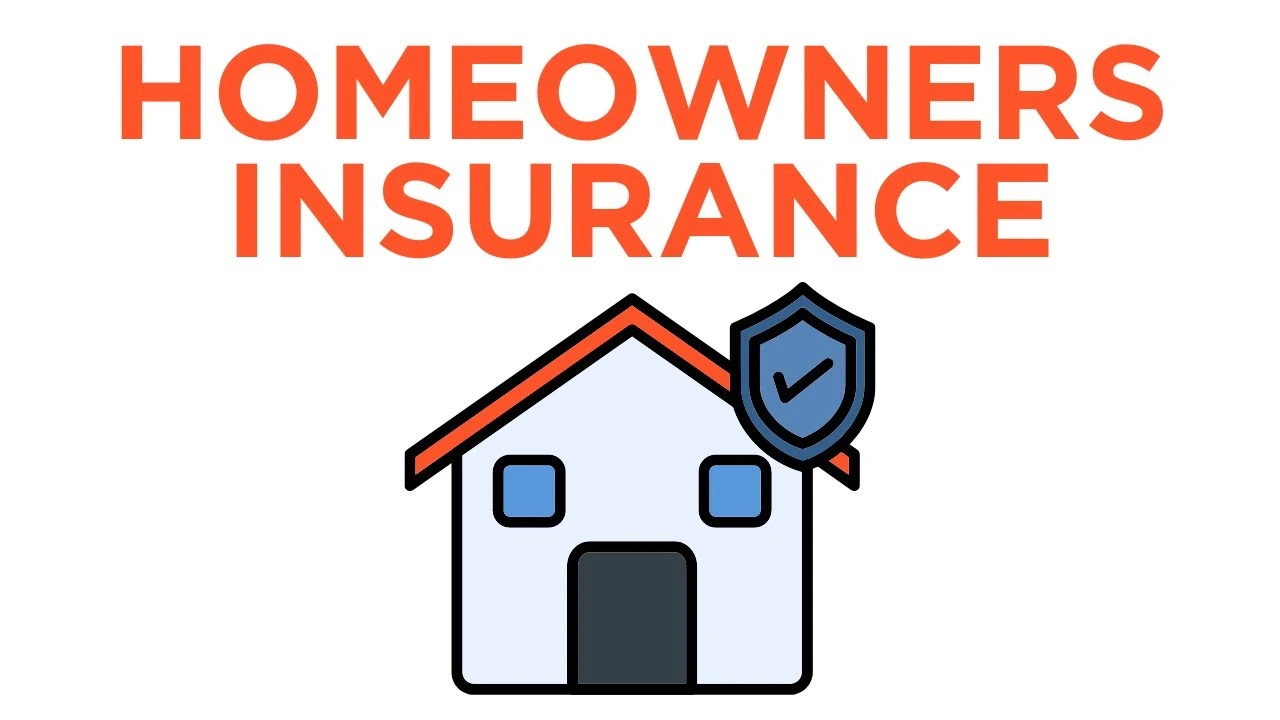What is Homeowners Insurance?
At its core, homeowners’ insurance is more than just a safety net—it’s a fundamental aspect of financial planning for homeowners. This type of insurance covers your dwelling and personal belongings against various risks. Consider incidents like devastating fires, severe weather events such as hailstorms, or vandalism; each can lead to significant financial loss without the buffer provided by insurance. Beyond physical damages, homeowners’ policies often extend to cover liability in the context of everyday incidents that could happen on your property. With such a multi-faceted approach to protection, insuring your home becomes not just an option but a wise necessity. Whether it’s addressing the immediate concern of a broken window or the complex rebuilding process after a disaster, homeowners’ insurance ensures you’re not left facing overwhelming costs alone.
Why Liability Coverage Matters
In the realm of homeowners’ insurance, personal liability protection stands out as an essential component, acting as your first line of defense against potentially devastating financial losses. Imagine a scenario where a visitor trips on a loose tile in your home and sustains an injury. Lacking liability coverage, you could be personally accountable for medical expenses and potentially legal fees if the incident escalates to a lawsuit. Liability coverage provides a safeguard by covering these unexpected costs and offering peace of mind that your finances are secured against unpredictable mishaps. It envelops various scenarios, stretching beyond the confines of your property to include incidents caused by family members or pets when away from home.
Essentials of Liability Protection
The scope of liability protection under homeowners insurance is broad and crucial, designed to shield you from potential hazards. It begins with the essentials, such as bodily injury or property damage caused by those at your residence, from children climbing fences to pets wandering into neighborly spaces. This protection can cover legal defense costs, spanning attorney fees and court-ordered judgments. Moreover, liability insurance offers coverage that may protect against libel or slander claims, an often overlooked risk in our increasingly digital world. Such a comprehensive safety net enables homeowners to confidently manage unforeseen events, knowing they possess a resource to address legal challenges that arise from everyday life occurrences. From dog bites to vandalism, ensuring your insurance includes robust liability protection is a step towards safeguarding your financial future.
Choosing the Right Policy for Your Needs
- Evaluate your home’s value: Understanding your home’s current market value and rebuild costs is essential. This process involves assessing the geographical area and construction costs and considering luxurious or specialized features that might require higher insurance limits to cover replacement fully.
- Assess potential risks: Each geographic location presents unique risks, from earthquake-prone areas to locations in hurricane alley. Understanding these risks helps you select appropriate policy add-ons, ensuring all conceivable hazards are covered.
- Compare different policies: A critical step in obtaining adequate coverage is to shop around. Evaluating policies from various insurers, reading reviews, and consulting insurance agents can clarify differences in terms, coverage options, and price—a comprehensive approach that facilitates informed decision-making.
Common Misconceptions about Homeowners’ Insurance
Certain myths can lead homeowners astray in the complex world of homeowners’ insurance. A widespread belief is that standard policies automatically cover flood damage, which is often untrue. Flooding, alongside other exclusions like earthquake damage, generally necessitates separate coverage. Another misconception lies in the assumption that homeowners’ insurance reimburses the new replacement cost of damaged or stolen items; however, without additional endorsements, depreciation might reduce payout amounts significantly. These misconceptions underscore the importance of meticulously reviewing policy terms and consulting with your insurer about specific protections available.
Tips for Saving on Insurance Costs
- Bundle your policies: Insurance companies frequently offer discounts for customers who consolidate multiple coverage forms, such as home, auto, and life insurance, under one provider. This approach can lead to substantial savings, enhancing affordability.
- Maintain a good credit score: Credit scores often influence insurance premiums, with higher scores typically resulting in more favorable rates. Regularly monitoring your credit and addressing discrepancies can help maintain a healthy score.
- Secure your home with safety systems: Installing smoke alarms, burglar alarms, or sprinkler systems fortifies your home against risks and may qualify you for discounts. Evaluating and implementing advanced safety measures can lower insurance costs while elevating property protection.
What to Do in Case of a Claim
Encountering damage or an incident that warrants a claim begins a process for which preparation is key. Documenting the issue through photographs and detailed written accounts creates a solid foundation for your claim, strengthening its validity. It’s also wise to keep an accurate record of every interaction with the insurance company, as this ensures accountability and can be referenced if disputes arise. Moreover, collecting multiple repair estimates offers comparative options and can serve as leverage in negotiations, helping to attain a fair settlement.
Frequently Asked Questions
To demystify the complexities of homeowners’ insurance, consider these frequently asked questions:
- Does homeowners’ insurance cover water damage? Coverage typically relates to sudden and accidental situations, like a burst pipe. Prolonged issues, such as seepage or leaks due to poor maintenance, might not be covered.
- Can I change my coverage during the policy term? Most insurers are flexible, allowing policy modifications to suit changing needs, whether adding more coverage or adjusting deductibles after home improvements.
What if I rent out a part of my home? It’s crucial to inform your insurer if you rent out a section of your property, as this may affect your policy. Additional landlord or rental coverage might be necessary to protect against tenant-related risks.




